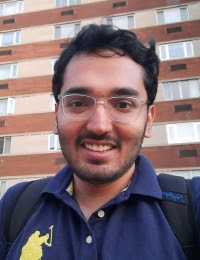
Aviral Chharia
Contact:
chharia AT cmu DOT edu
About Me
I am a PhD student at the Robotics Institute at the School of Computer Science, Carnegie Mellon University. I completed my Master's degree from CMU in 2024. Previously, I obtained my Bachelor's degree from Thapar Institute of Engineering & Technology in 2022, advised by Prof. Rahul Upadhyay, and Prof. Vinay Kumar. I also spent a year as an MITACS Fellow at The University of British Columbia, working with Prof. Apurva Narayan and as a Research Assistant with Prof. Min Xu. I focus on Computer Vision, Digital Humans, and Computational Biology.
Looking for self-motivated students for collaborations. Feel free to send me an email!
News and Updates
- Oct 2025: Awarded the Uber Presidential Fellowship 2025!
- Sep 2025: Started my PhD at Carnegie Mellon University!
- Feb 2025: One paper accepted to CVPR 2025
- Aug 2024: One paper accepted to NeurIPS 2024
- Jun 2023: One paper accepted to IJCNN 2023
- Feb 2023: Two papers accepted to IEEE Transactions on Neural Systems & Rehabilitation Engineering
Publications
Computer Vision and Digital Humans
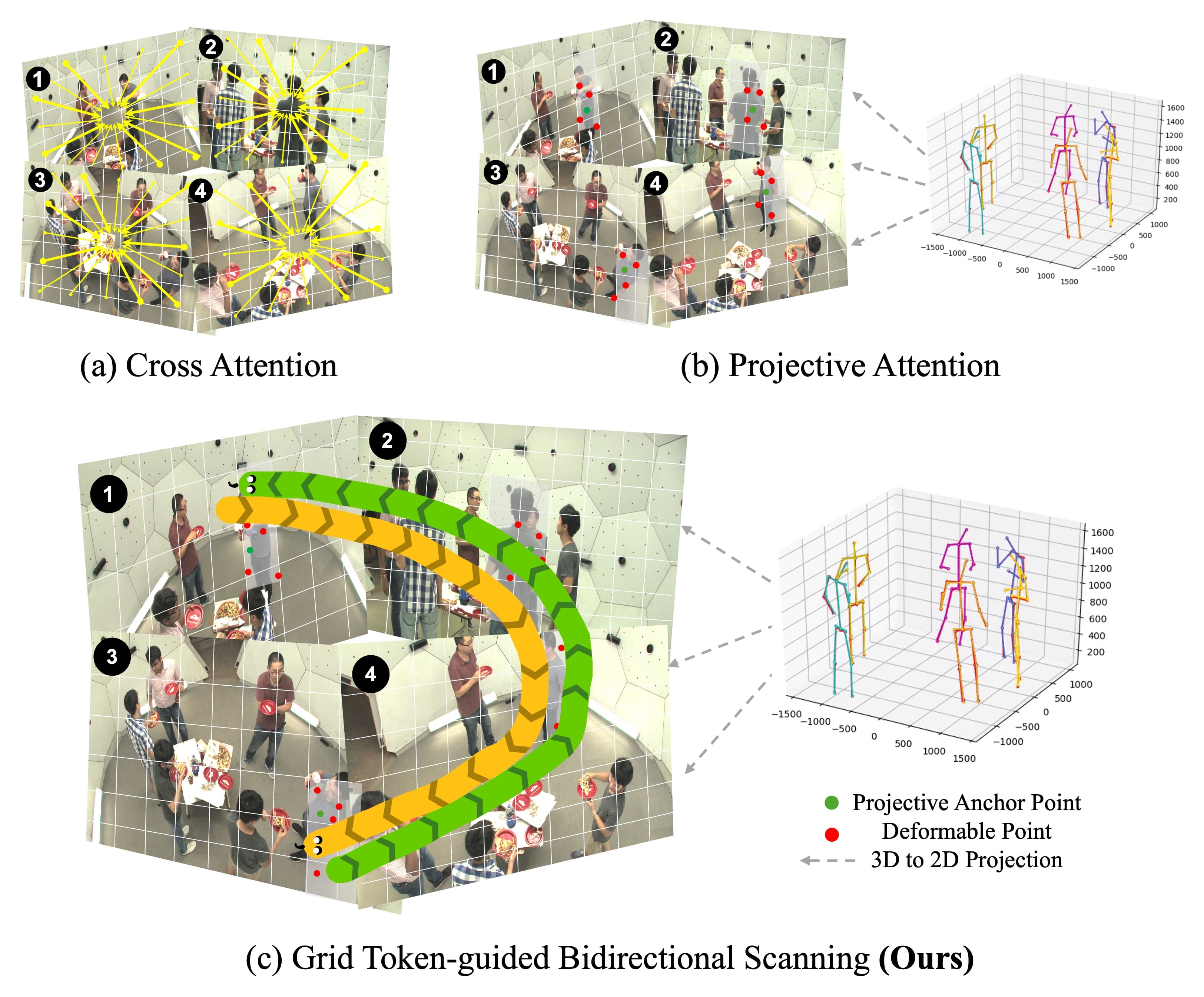
|
|
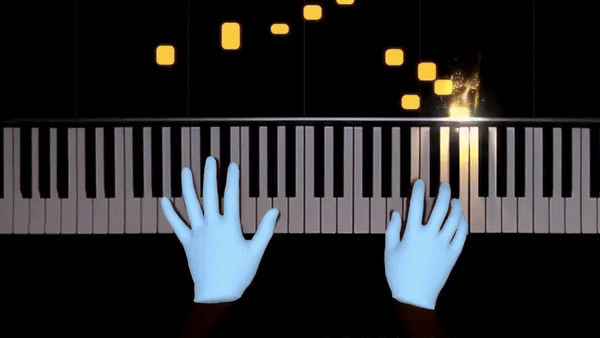
|
|
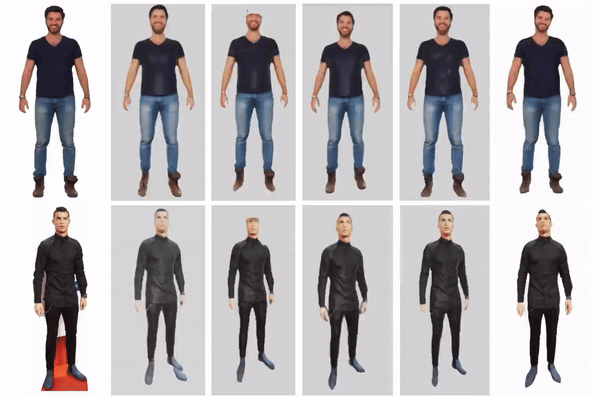
|
|
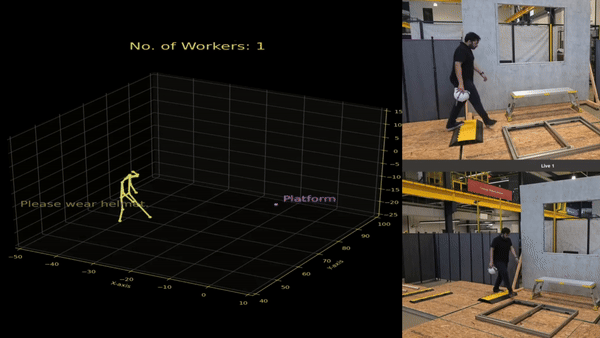
|
|
AI for Computational Biology
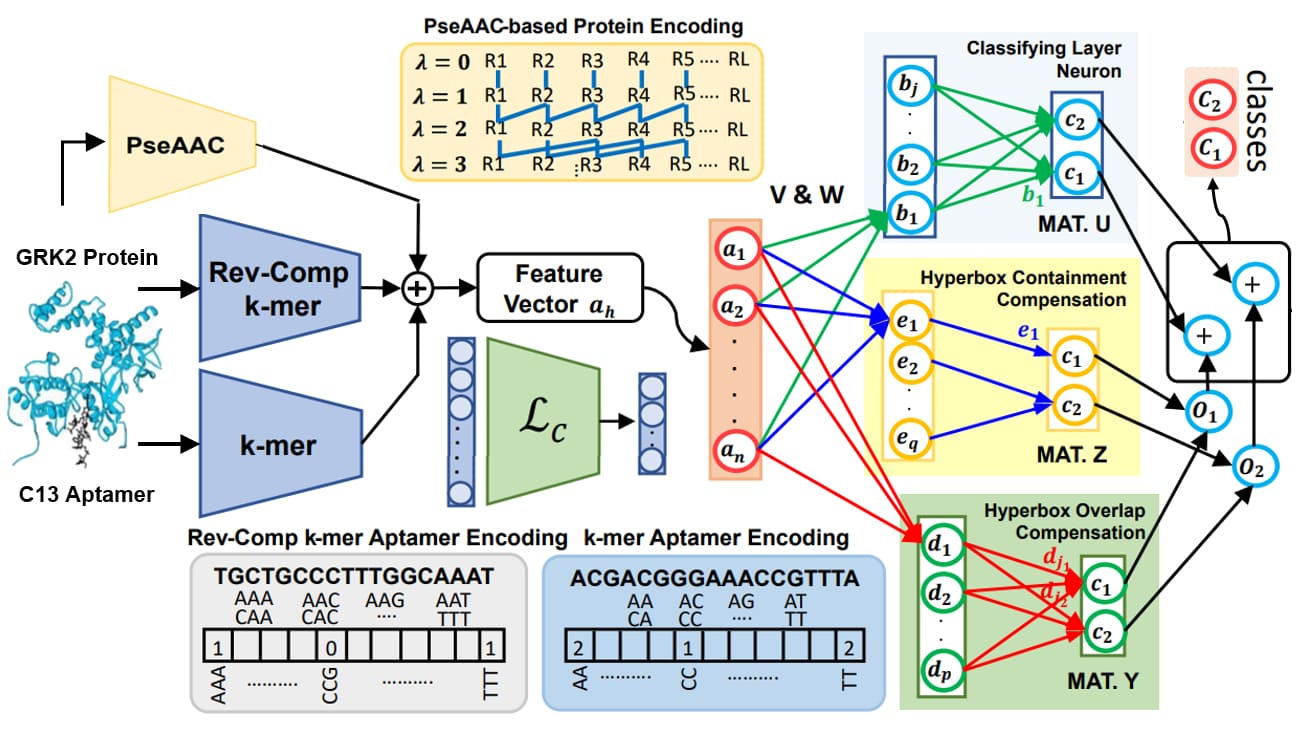
|
|
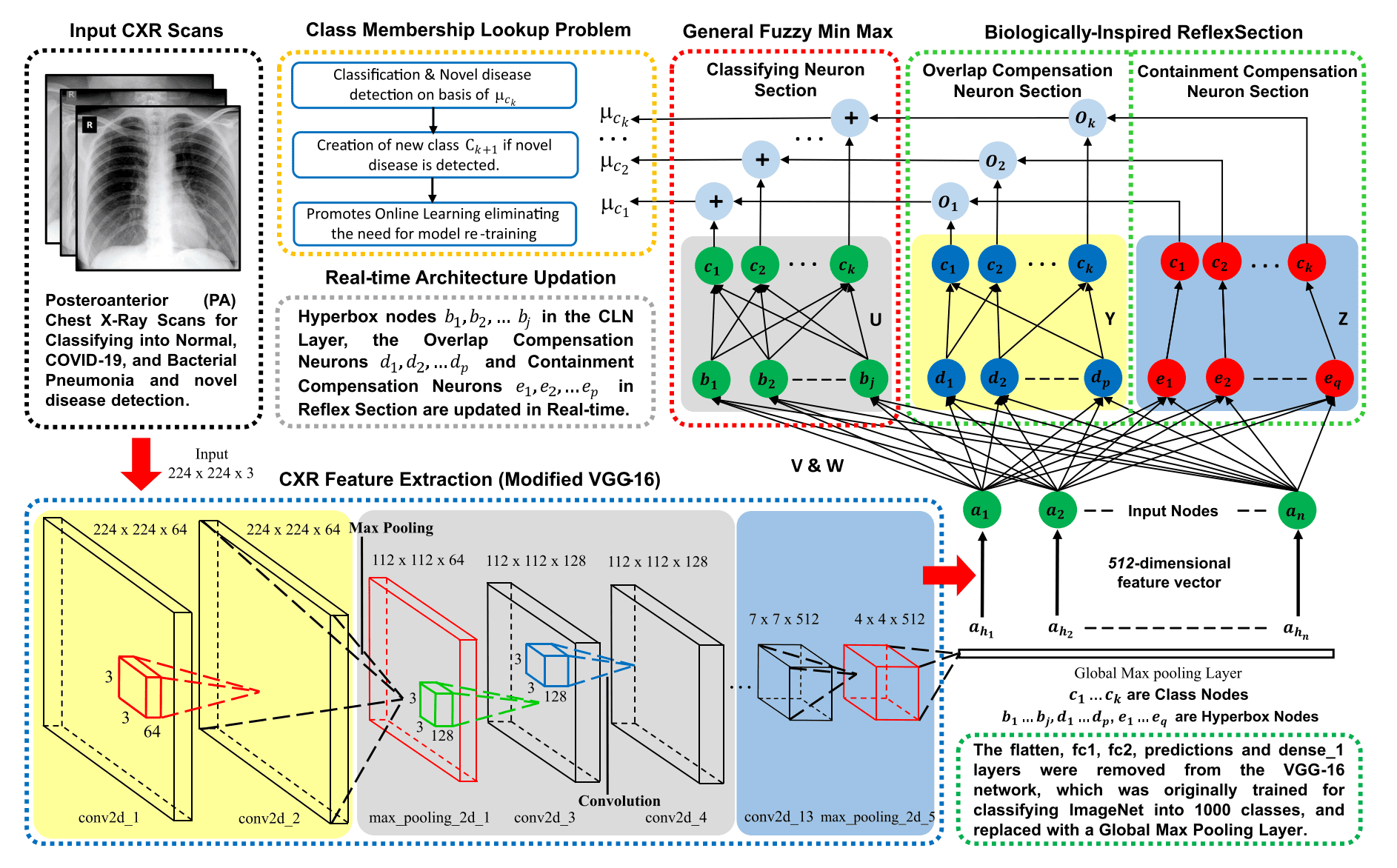
|
|
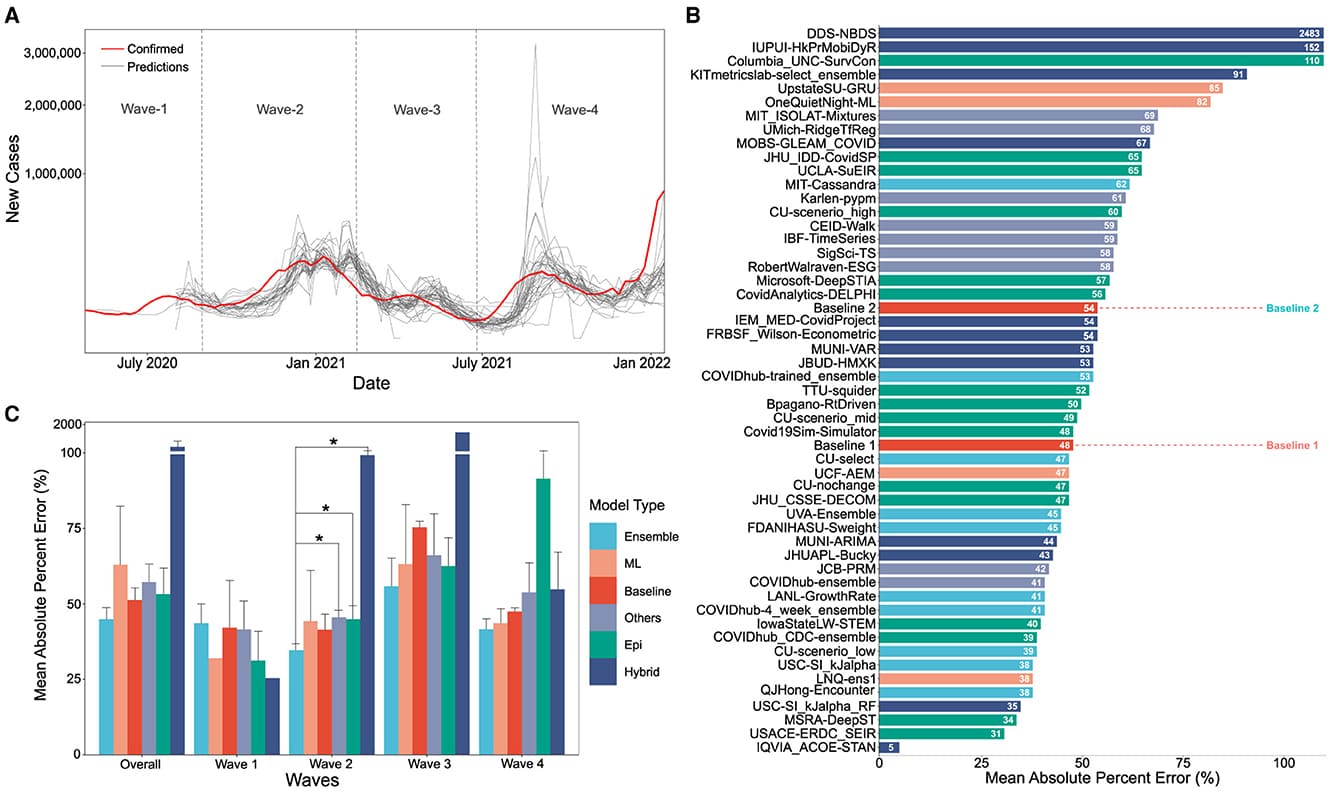
|
|
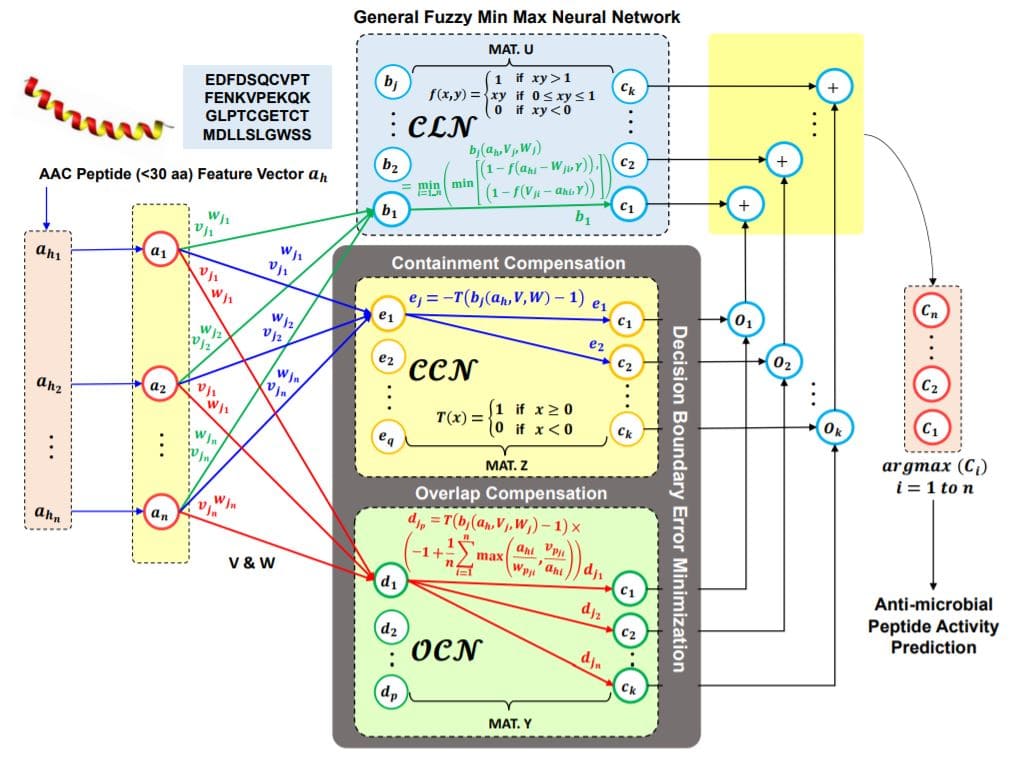
|
|

|
|
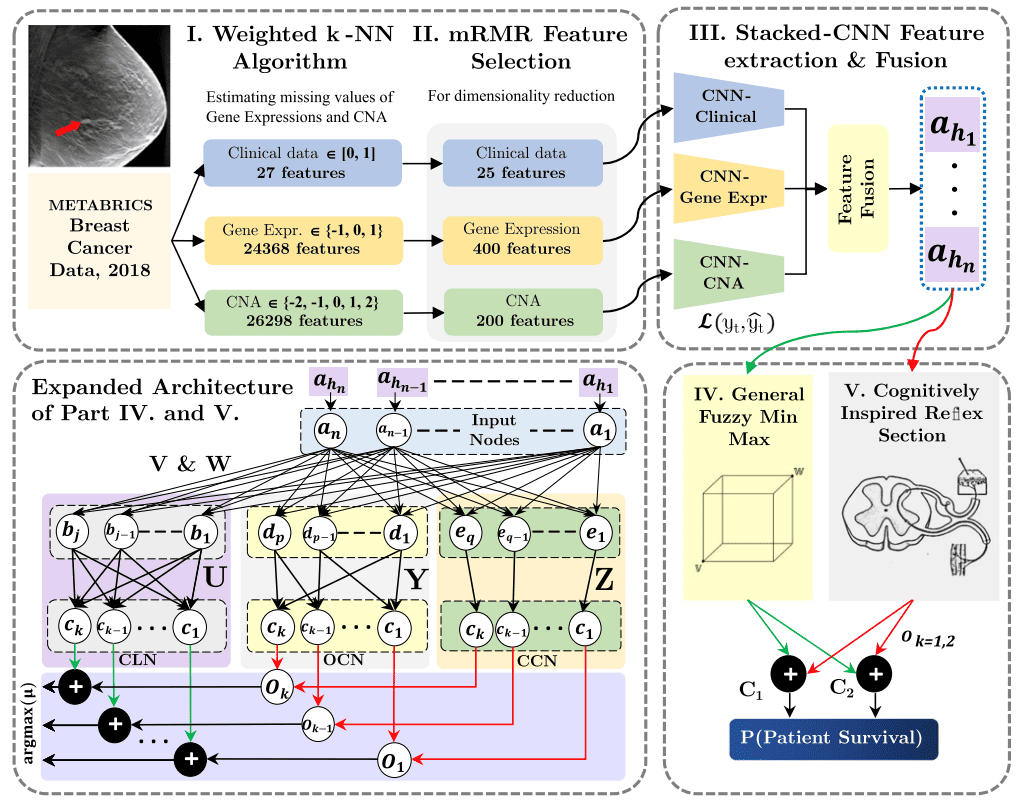
|
|
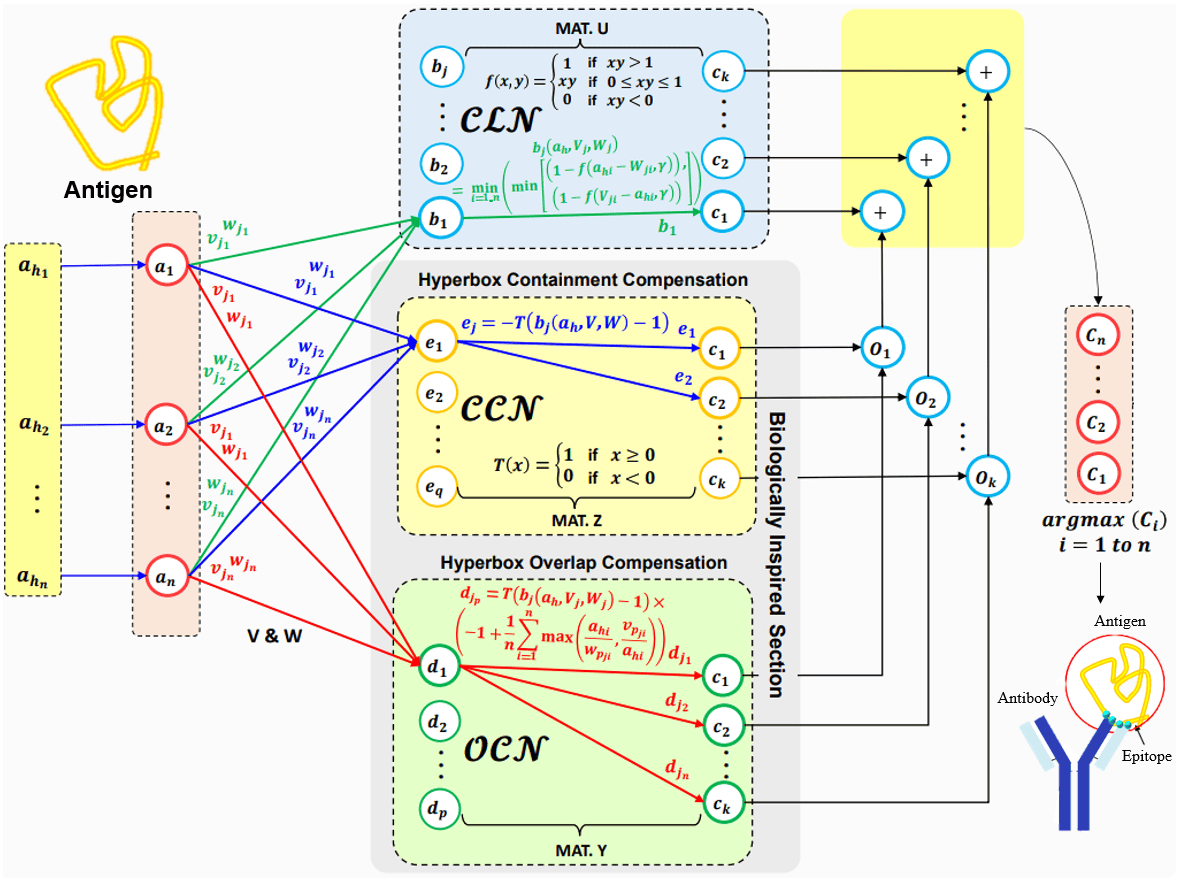
|
|
AI for Computational Neuroscience
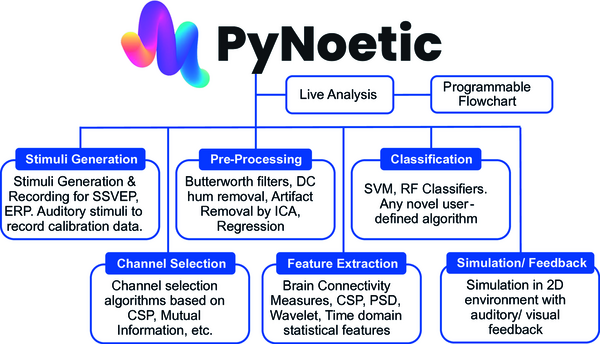
|
|
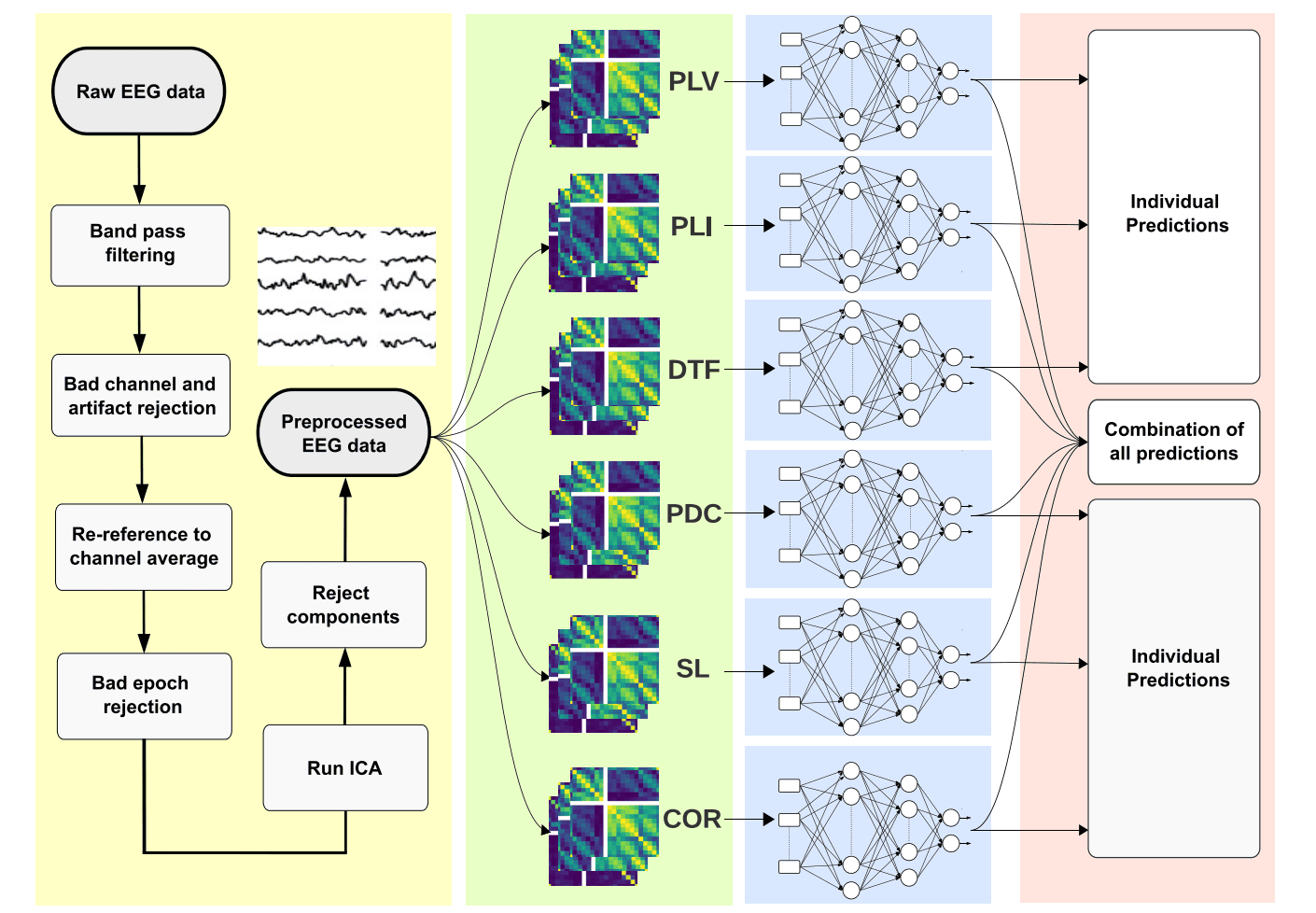
|
|
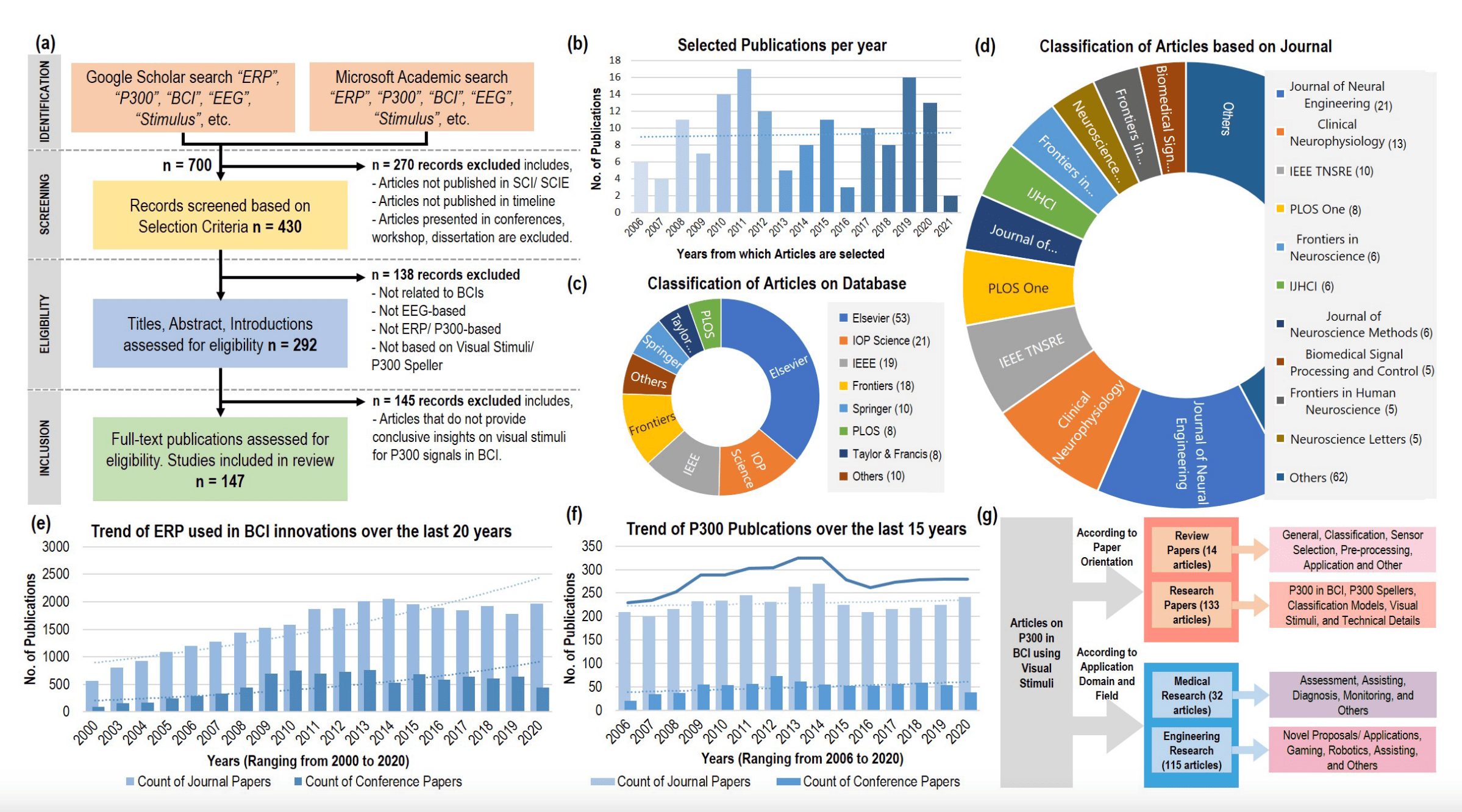
|
|
Code and Star History
Scholastic Achievement and Awards
- 2025: Uber Presidential Fellowship
- 2025: Tartan Research Data Alliance Fellowship
- 2024: ATK-Nick G. Vlahakis Graduate Fellowship (3 CMU grad students)
- 2020-22: Dean's Merit List Scholarship (~50% Tuition Waiver)
- 2022: MITACS Globalink Graduate Fellowship (Financial Support for MS/ PhD/ Postdoc in Canada)
- 2021: MITACS Globalink Research Fellowship
- 2021: IIT Kanpur Student's Undergraduate Research Graduate Excellence (<4% acceptance)
- 2020: Winner, University of Queensland Engineering Design Hackathon
- 2016: World Rank 264, International Olympiad of Mathematics
Teaching Assistant
- 24-788 Intro to Deep Learning (Spring 2024)
- 24-799 Intermediate Deep Learning (Spring 2024)
- 24-787 Machine Learning & AI for Engineers (Spring 2023, Fall 2023)
- 24-675 Humanoid Robotics & Cognition (Fall 2022)
Coursework
- 11-785 Intro to Deep Learning
- 16-701 Intro to Human Robot Interaction
- 16-811 Mathematical Fundamentals of Robotics
- 16-820 Advanced Computer Vision
- 16-823 Physics-based Methods in Vision
- 24-703 Numerical Methods in Engineering
- 24-784 Trustworthy Artificial Intelligence
- 24-787 Machine Learning & AI for Engineers






